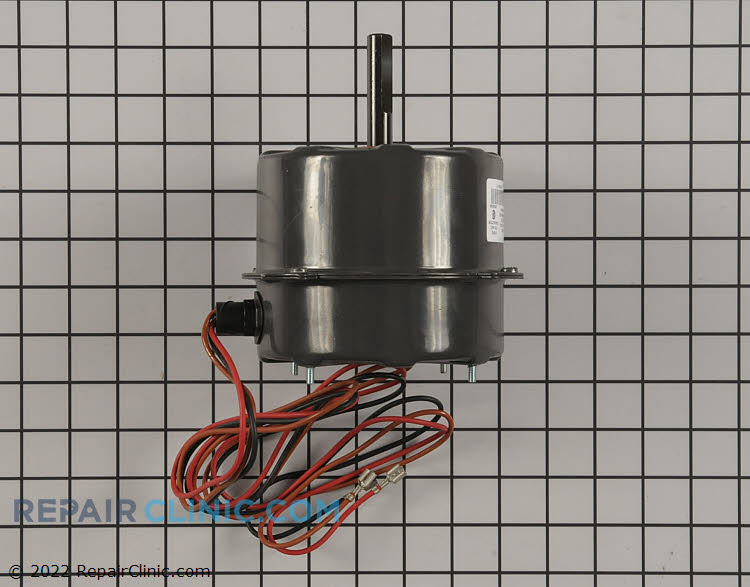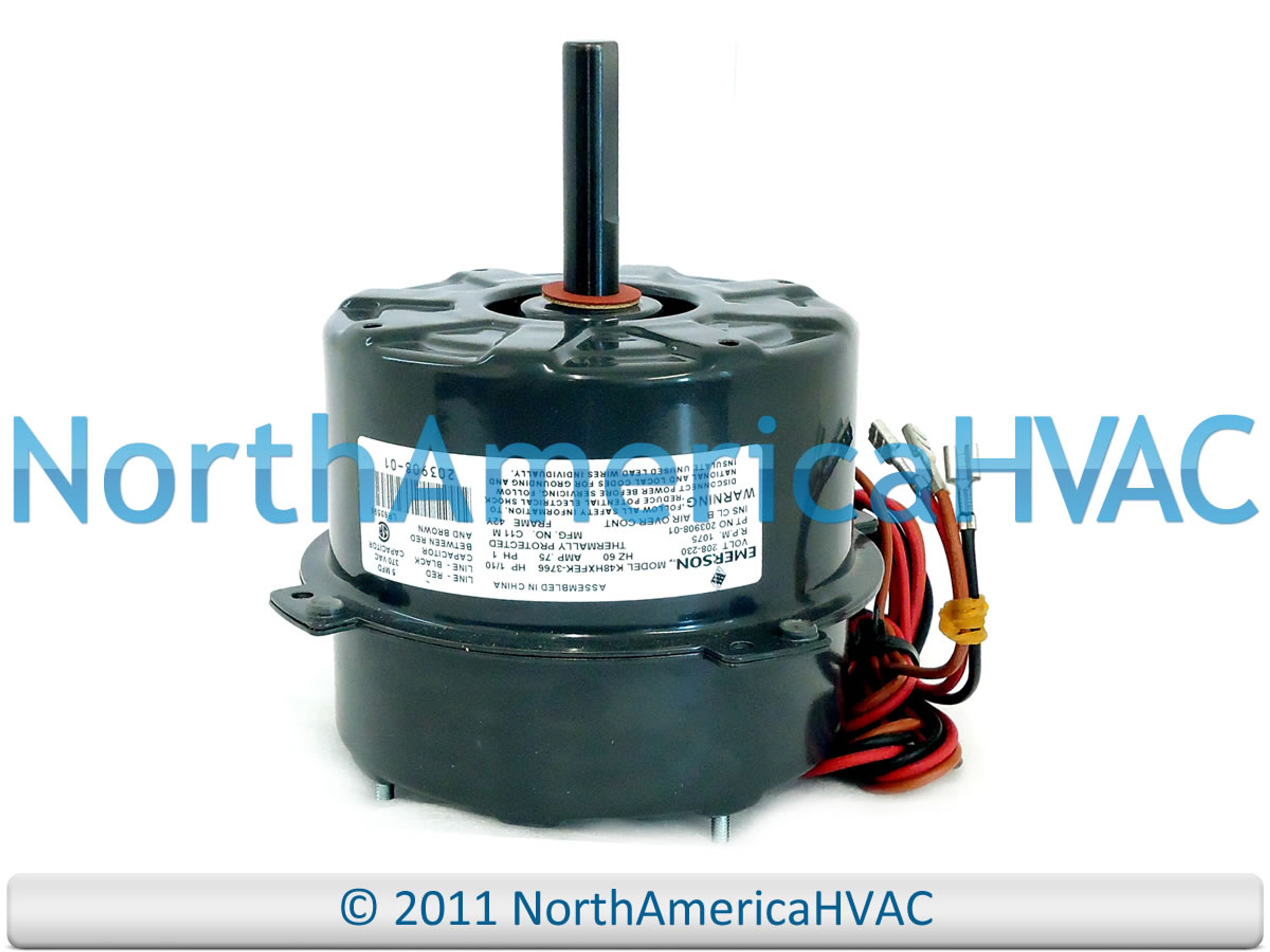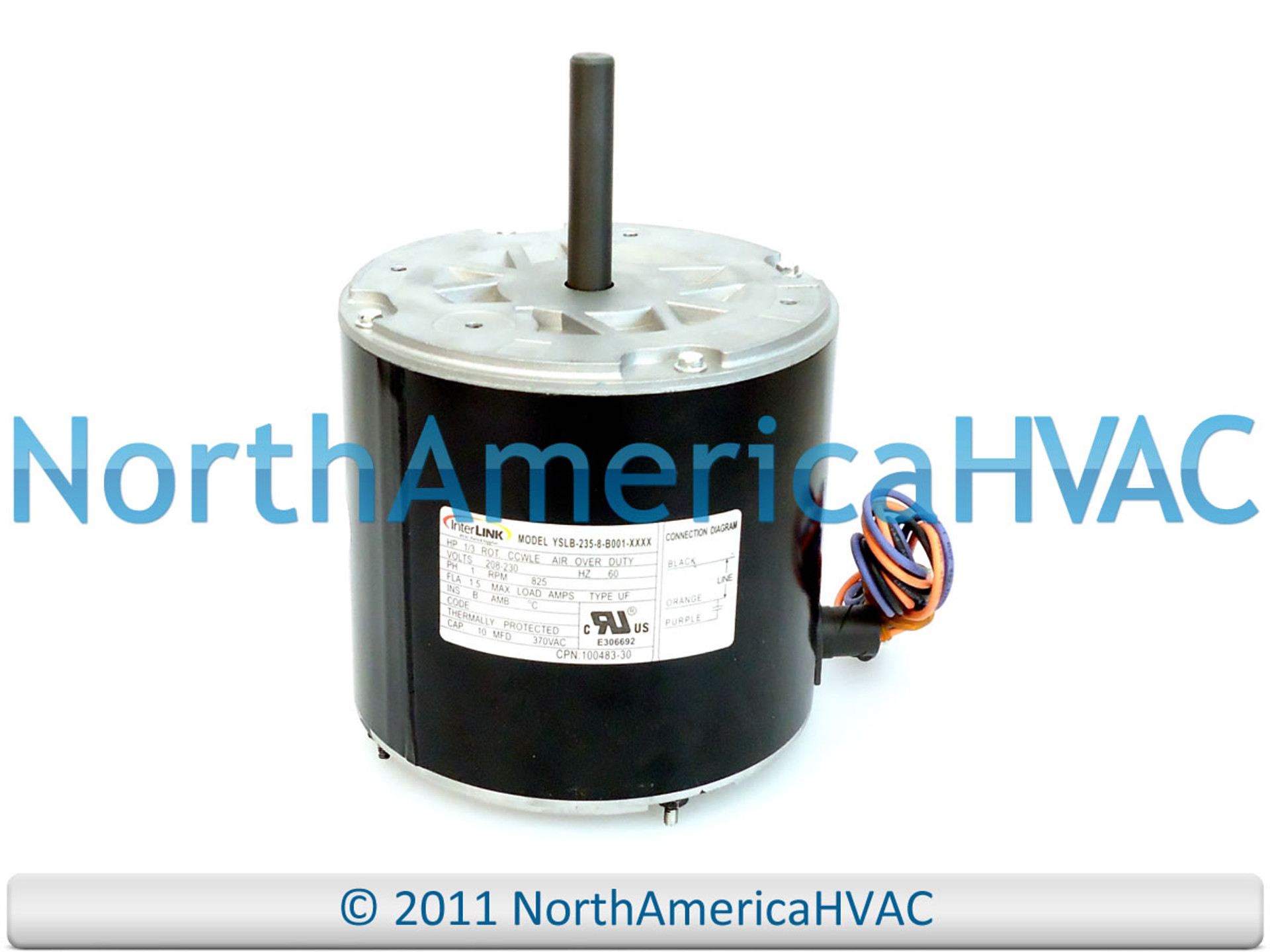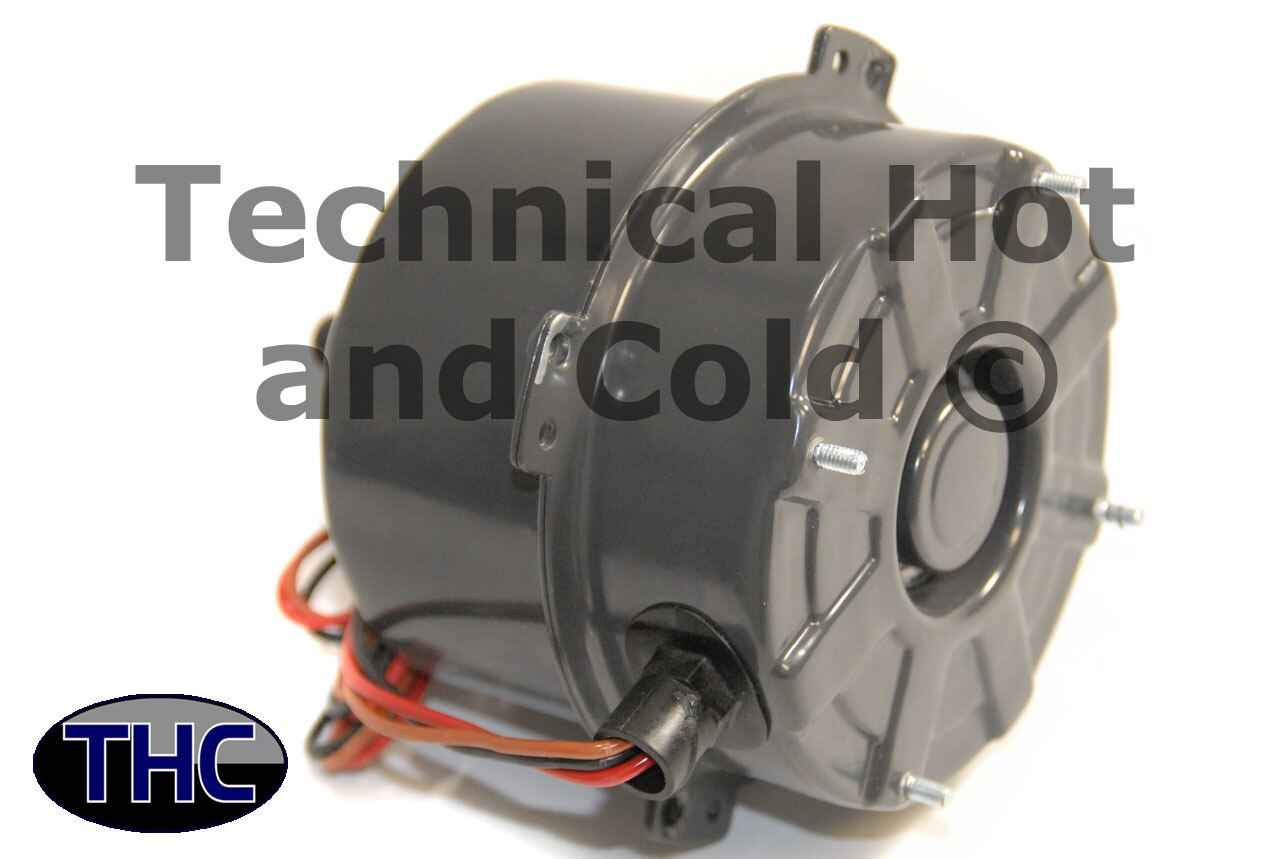Fan Motor For Lennox Air Conditioner
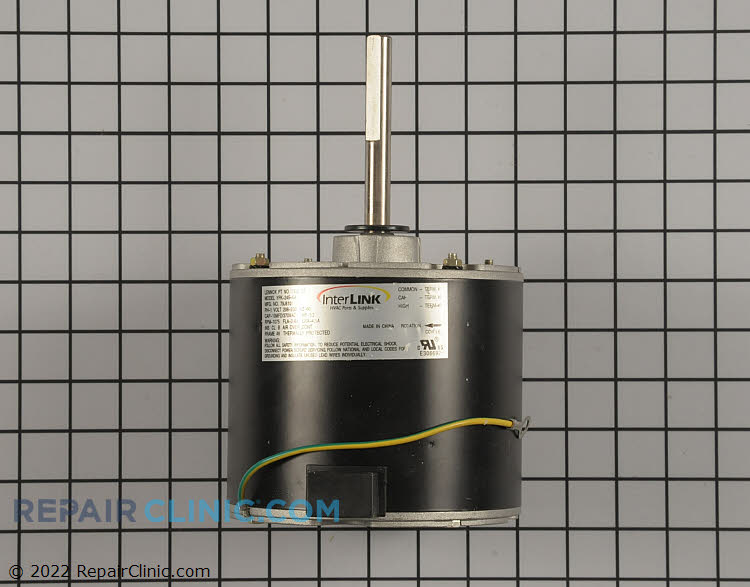
Understanding the intricacies of an HVAC system is crucial for success in this rapidly evolving field. Among the critical components of an air conditioner, the fan motor plays a vital role. Focusing on Lennox air conditioners, this article delves into the specifics of fan motors, their function, maintenance, common issues, and the career paths associated with becoming a skilled HVAC technician proficient in working with these systems.
The Vital Role of Fan Motors in Lennox Air Conditioners
A fan motor in a Lennox air conditioner is responsible for circulating air, a fundamental process for effective cooling. There are typically two fan motors: one in the outdoor condenser unit and another in the indoor air handler. The outdoor fan motor draws air across the condenser coil, dissipating heat extracted from the building. Simultaneously, the indoor fan motor circulates cooled air throughout the ductwork and into the living spaces. Without these motors functioning correctly, the air conditioner's ability to cool effectively is significantly compromised, leading to increased energy consumption and potential system failure.
Types of Fan Motors Used in Lennox Air Conditioners
Lennox utilizes various types of fan motors depending on the model and efficiency rating of the air conditioner. Common types include:
- PSC (Permanent Split Capacitor) Motors: These are the most common type, known for their reliability and affordability. They offer a good balance of performance and cost.
- ECM (Electronically Commutated Motor) Motors: These are high-efficiency motors that offer variable speed operation. ECM motors adjust their speed based on the cooling demand, leading to significant energy savings. Lennox often uses ECM motors in their higher-end, more energy-efficient models.
- Shaded Pole Motors: These are simpler motors often found in smaller, less demanding applications within the system.
Understanding the characteristics of each motor type is critical for diagnosing issues and performing effective repairs. For example, an ECM motor requires different diagnostic procedures compared to a PSC motor.
Common Issues and Troubleshooting Fan Motors
Fan motors, like any mechanical component, are subject to wear and tear. Common issues include:
- Motor Burnout: This can be caused by overheating, voltage fluctuations, or a locked rotor. Burnout is usually easily identifiable by smell and visual inspection.
- Bearing Failure: Worn bearings cause the motor to run rough and noisily. Replacing bearings or the entire motor is often necessary.
- Capacitor Failure: Capacitors provide the initial starting torque for the motor. A faulty capacitor can prevent the motor from starting or cause it to run inefficiently.
- Wiring Issues: Loose or corroded wiring can disrupt the power supply to the motor, causing it to malfunction.
Effective troubleshooting requires a systematic approach, including:
- Visual Inspection: Check for signs of damage, such as burnt wiring, leaking oil, or corroded terminals.
- Voltage Testing: Verify that the motor is receiving the correct voltage.
- Continuity Testing: Check the motor windings for continuity to identify open circuits.
- Capacitor Testing: Use a multimeter to measure the capacitance of the capacitor and ensure it is within the specified range.
- Amp Draw Measurement: Compare the motor's amp draw to the nameplate rating to identify overloads or inefficiencies.
Safety is paramount when working with electrical components. Always disconnect power before performing any troubleshooting or repair work. Following Lennox's service manuals and utilizing appropriate personal protective equipment (PPE) are crucial.
Maintenance and Prevention
Regular maintenance can significantly extend the lifespan of fan motors and prevent costly breakdowns. Key maintenance tasks include:
- Cleaning: Keep the motor clean and free of debris. Dust and dirt can insulate the motor and cause it to overheat.
- Lubrication: Some motors have lubrication ports. Follow the manufacturer's recommendations for lubricating the bearings.
- Belt Inspection: For belt-driven systems, inspect the belt for wear and tear and replace it as needed. Ensure proper belt tension.
- Capacitor Inspection: Periodically inspect the capacitor for signs of bulging or leakage.
- Voltage Monitoring: Monitor the voltage supply to the motor and correct any voltage fluctuations.
Career Paths in HVAC with Lennox Air Conditioner Expertise
The demand for skilled HVAC technicians is projected to grow significantly in the coming years. According to the U.S. Bureau of Labor Statistics, the employment of HVAC mechanics and installers is projected to grow 6 percent from 2022 to 2032, about as fast as the average for all occupations. About 38,000 openings for HVAC mechanics and installers are projected each year, on average, over the decade. Many of those openings are expected to result from the need to replace workers who transfer to other occupations or retire.
Specializing in Lennox air conditioners and their components, like fan motors, can provide a competitive edge in the job market. Potential career paths include:
- HVAC Technician: Install, maintain, and repair HVAC systems, including Lennox air conditioners.
- HVAC Service Technician: Specialize in diagnosing and repairing HVAC system problems.
- HVAC Installer: Focus on the installation of new HVAC systems.
- HVAC Sales Engineer: Design and sell HVAC systems to commercial and residential customers.
- HVAC Business Owner: Start and operate your own HVAC business.
Entry-level HVAC technicians typically earn between $35,000 and $50,000 per year, while experienced technicians can earn upwards of $70,000 or more. The specific salary depends on factors such as experience, location, and certifications.
The Importance of Certifications
Certifications are highly valued in the HVAC industry and can significantly enhance career prospects and earning potential. Key certifications include:
- NATE (North American Technician Excellence): NATE certification demonstrates competency in HVAC installation, service, and repair. Specializing in air conditioning systems, including Lennox models, can lead to increased job opportunities.
- EPA Section 608 Certification: Required for technicians who handle refrigerants. This certification ensures technicians are properly trained in refrigerant handling and disposal procedures.
- Manufacturer-Specific Training: Lennox offers training programs on their equipment, which can provide a significant advantage in servicing their systems.
Gaining these certifications not only validates your skills but also demonstrates a commitment to professional development, making you a more attractive candidate to employers. Employers, for their part, increasingly seek technicians with recognized certifications to ensure quality service and compliance with industry standards.
"Investing in certifications like NATE and EPA 608 is an investment in your future. These certifications validate your skills and demonstrate your commitment to professionalism, making you a highly sought-after HVAC technician." - Industry Expert
Educational Paths and Training Programs
A strong educational foundation is essential for a successful career in HVAC. Common educational paths include:
- Vocational Schools: Offer hands-on training in HVAC installation, maintenance, and repair.
- Community Colleges: Provide associate degrees in HVAC technology, offering a more comprehensive education.
- Apprenticeships: Combine on-the-job training with classroom instruction, providing a well-rounded learning experience.
Regardless of the chosen path, it's crucial to seek out programs that emphasize practical skills and provide opportunities to work with real-world equipment, including Lennox air conditioners. Hands-on experience is invaluable for developing the skills necessary to diagnose and repair complex HVAC systems.
Future Trends in HVAC Technology
The HVAC industry is constantly evolving, with new technologies and trends emerging regularly. Staying abreast of these developments is crucial for career advancement. Key trends include:
- Smart HVAC Systems: Incorporate sensors, controls, and connectivity to optimize energy efficiency and comfort.
- Variable Refrigerant Flow (VRF) Systems: Offer precise temperature control and energy savings in commercial buildings.
- Geothermal Heat Pumps: Utilize the earth's natural heat to provide efficient heating and cooling.
- Energy Efficiency Standards: Increasing emphasis on energy efficiency is driving demand for high-efficiency HVAC equipment.
Understanding these trends will enable technicians to adapt to new technologies and provide innovative solutions to customers. Focusing on training related to these emerging technologies will be crucial for long-term career success.
In conclusion, mastering the intricacies of fan motors in Lennox air conditioners is a valuable skill for HVAC professionals. By understanding their function, troubleshooting common issues, and performing regular maintenance, technicians can ensure the efficient and reliable operation of these systems. Combined with relevant certifications and a commitment to lifelong learning, a successful and rewarding career in the HVAC industry awaits.
